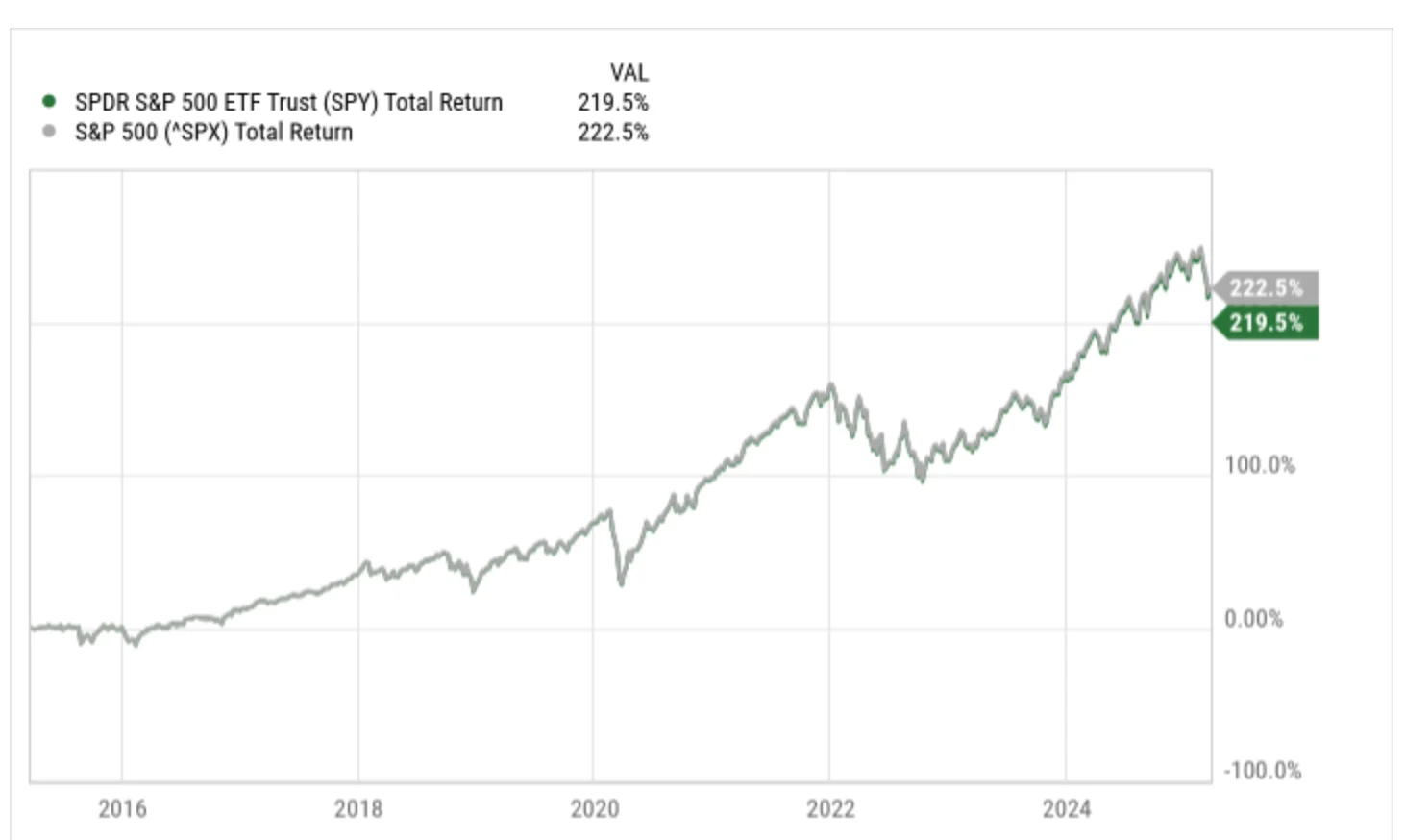David Jagielski
If you’re picking individual stocks, it’s inevitable that you are going to pick some poorly performing investments. Not all your stocks are going to be winners. Things can happen unexpectedly that impact a stock, whether it’s the business’s own doing or broader macroeconomic conditions. This year, for instance, many stocks are struggling due to tariffs, which are out of their control.
Billionaire investor Warren Buffett believes there’s one particularly bad, “cardinal sin” that investors should avoid. Doing this is not only a waste of time but also a waste of money. This is a lesson he learned from the late Charlie Munger.
Own your mistakes and move on
There’s nothing more discouraging for investors than to lose money on a stock that they thought had plenty of upside and room to grow.
However, what’s potentially worse is hanging on and hoping the money losing investment eventually will turn around and rise in value, at least until you are able to recover the originally invested amount. But doing so — assuming the original investment will turn around in the first place — can be a waste of time if you’re deep in the red, causing you to potentially miss out on other opportunities.
Buffett says that it was his longtime partner, the late Charlie Munger, who taught him about what he calls a “cardinal sin” to avoid in investing. “Delaying the correction of mistakes” and “thumb-sucking” are what retail investors today may refer to as simply “bag holding.”
The primary danger retail investors face in such situations is they don’t necessarily realize they were holding on to the bag for too long, blinded by hopes for a turnaround in the stock price that will at least reach break-even price. And when they do realize, it’s probably too late.
This is why I believe technical analysis has value in investing, as resistance levels can be areas where prudent investors should be looking to unload a stock, especially if it has been struggling for a while.
Munger also pointed out that problems “cannot be wished away,” which is sage advice for investors who may be hanging on to bad stocks in the hopes that they will recover. Selling a stock is effectively a finality, confirming that you’ve lost money on it and that it was a bad buy — but it’s also cutting your losses.
However, by holding on, you’re still “wishing” the problem will go away and that the stock will one day recover.
Pivoting to an S&P 500 fund may be a much better option
A good strategy for investors may be to take money out of losing investments and put it into an exchange-traded fund (ETF) that mirrors the S&P 500. That can be a good place to park your money while you consider other opportunities. And, at least in the long run, you can be confident that it will rise in value.
One ETF which may be a popular option in this regard is the SPDR S&P 500 ETF Trust (SPY). It has been a great way to track the S&P 500. Its total returns (including dividends) are up more than 200% over the past decade.

For decades, the S&P 500 has averaged annual returns of around 10%. It can offer some great long-run stability, while allowing you to also grow your portfolio over the years. It’s a much better option than simply holding money in a losing stock which may not have much hope of a recovery.
Cutting ties with bad stocks isn’t easy, but it’s often necessary
Unless you have a compelling reason to believe that an underperforming stock can turn things around, you may want to consider dumping it and deploying that money into a better investment, like an ETF that tracks the S&P 500, giving you exposure to the best stocks in the world. Simply hoping that things will improve can be a costly strategy.
David Jagielski has no position in any of the stocks mentioned. The Services and the Content are provided to you solely for your general informational purposes, and should not be considered as legal, tax, accounting, financial or investment advice.You are solely responsible for determining whether any investment is suitable for you, considering your investment objectives, risk tolerance and personal financial situation. It is also your responsibility to evaluate the merits and risks of using the information provided on this site before making any decisions.

